Introduction
An important national holiday, India Independence Day honors the nation’s liberation from British colonial authority. This day, which is commemorated on August 15 every year, is very important to Indians all around the world. It commemorates the day India’s independence movement came to a successful conclusion, beginning a new era of sovereignty and self-government. The significance, history, and ceremonies of India Independence Day are all covered on this page.
The Early Battle for Independence
- Colonial rule by the British
India was colonially ruled at the height of the British Empire and was subjected to persecution and exploitation. As the British East India Company’s influence grew, there was turmoil on the political and socioeconomic fronts. In reaction to these difficulties, the Indian Nationalist Movement developed, calling for independence and sovereignty.
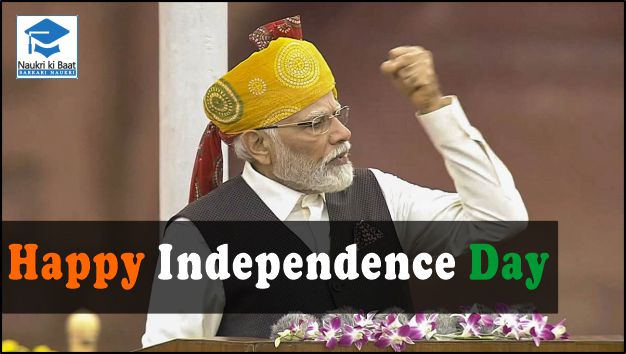
- Those in Charge of the Movement
Subhas Chandra Bose, Jawaharlal Nehru, and other significant individuals led the effort. Millions of people joined the struggle for independence as a result of Mahatma Gandhi’s nonviolent resistance doctrine, known as “Satyagraha.” The majority of people connected with Nehru’s vision of a modern, democratic India, and Bose’s militant tactics gave the campaign a vibrant edge.
- The movement to Leave India and March for Salt
A turning point in the campaign was the 1930 Salt March, in which Gandhi and his supporters marched to the Arabian Sea to protest the salt tax. Another significant event that called for the end of British rule was the Quit India Movement in 1942. These occasions brought India’s cause exposure and support on a worldwide scale.
India Independence Day Song!
Unleash Your Patriotic Spirit with the Ultimate Happy Independence Day Song! 🇺🇸 Feel the Freedom Vibes Now! 🎉🎶
The Founding of a Country
- Plan and Division of Mountbatten
The British administration recognized the need to grant India independence as World War II came to a close. The final Viceroy of India, Lord Mountbatten, was a key player in the negotiations. A terrible component of the process of gaining independence was the sectarian bloodshed and relocation that resulted from the division of India into Pakistan and India.
- What Was Said at Midnight
Jawaharlal Nehru’s renowned “Tryst with Destiny” speech, which signaled India’s transition to independence, was delivered on the night of August 14–15, 1947. A new nation free from colonial domination was established with the raising of the Indian flag.
Importance and Holidays
- Observance of Freedom
India’s Independence Day stands for the victory of solidarity and tenacity over oppression. It acts as a tribute to India’s rich cultural legacy and serves as a reminder of the numerous sacrifices made by people all around the world.
- Parades and hoisting the flag
The Prime Minister raises the national flag at Delhi’s Red Fort to kick off the festivities. India’s diversity and togetherness are celebrated with military parades, cultural performances, and tableau displays from various states.
- Events with a patriotic and cultural theme
Events are held in villages, schools, and institutions to highlight India’s diverse cultural heritage. Songs, dances, and skits with patriotic themes honor the nation’s past and freedom heroes.
India Independence Day 2023: PM Narendra Modi’s speech from Red Fort on 15th August
Unveiling PM Modi’s Stirring Independence Day 2023 Address: A Visionary Message for India’s Future! 🇮🇳 Don’t Miss Out!
Current Relevance
- Maintaining Democracy
India’s Independence Day emphasizes the value of civic engagement and democracy. In order to build a sense of ownership in the development of the country, it is time for citizens to consider their rights and obligations.
- Difficulties and objectives
India acknowledges its difficulties while also celebrating its progress. Regional tensions, social inequality, and economic inequities are still pressing issues that require addressing. The nation is motivated to tackle these problems as a whole by the spirit of Independence Day.
Conclusion
India Independence Day is a momentous occasion that encapsulates the nation’s journey from colonization to freedom. It’s a day to honor the sacrifices of those who fought for India’s liberty and to celebrate the unity that defines the nation. As India strides forward, Independence Day serves as a reminder of the values that guide its destiny.
Happy India Independence Day Images
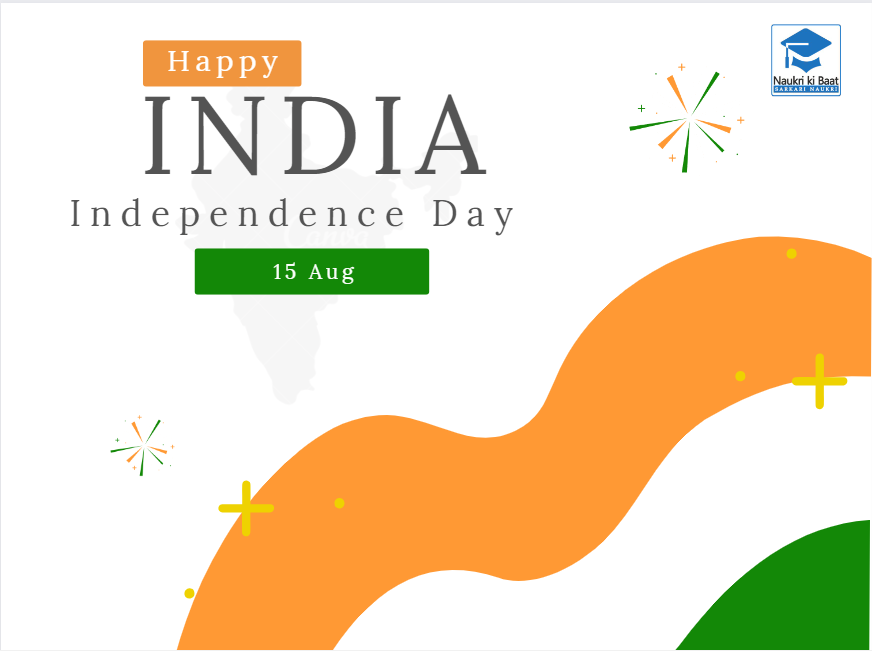
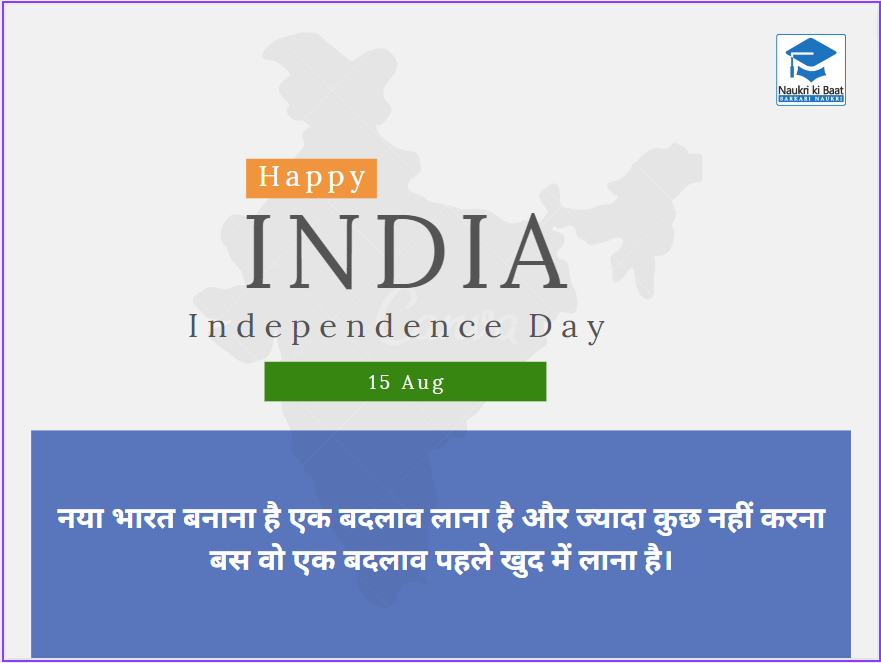
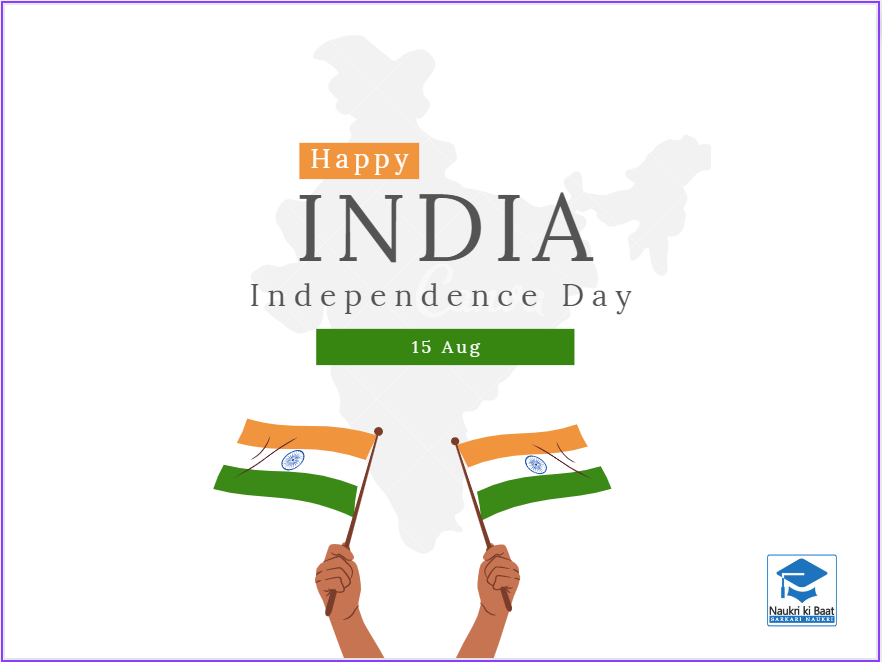
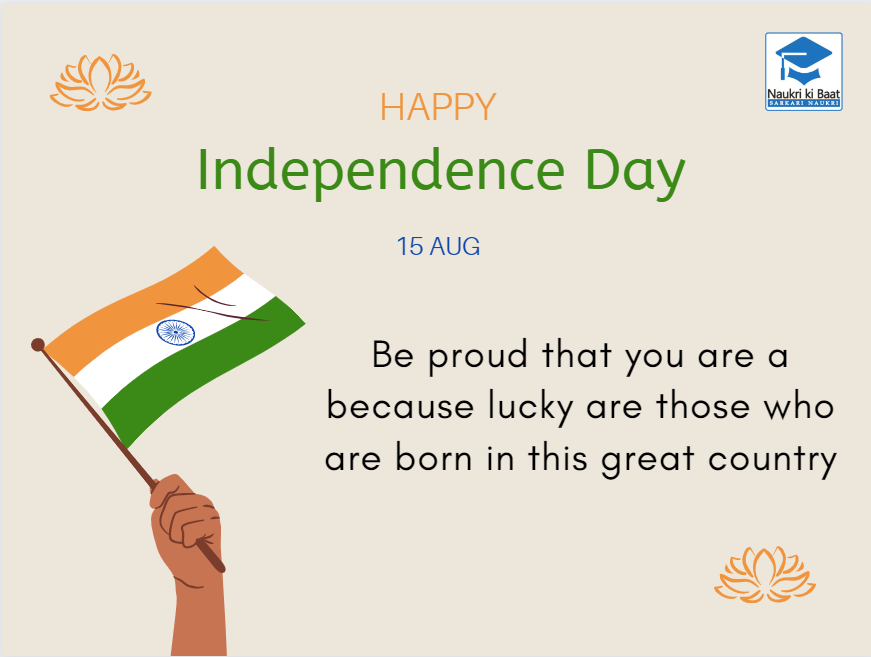
Frequently Asked Questions (FAQs)
- What is the significance of India Independence Day?
Ans: India Independence Day marks the country’s freedom from British rule and stands as a symbol of unity and resilience.
- How is India Independence Day celebrated?
Ans: The day is celebrated with flag hoisting, parades, cultural performances, and various community events across the country.
- Who were the key leaders of India’s struggle for independence?
Ans: Mahatma Gandhi, Jawaharlal Nehru, and Subhas Chandra Bose were among the prominent leaders who played vital roles.
- What role did nonviolent resistance play in India’s struggle for freedom?
Ans: Nonviolent resistance, as advocated by Mahatma Gandhi, showcased the power of peaceful protest and civil disobedience.
- What challenges does modern India face post-independence?
Ans: Modern India faces challenges such as economic disparities, social inequalities, and regional tensions, which require collective efforts to address.